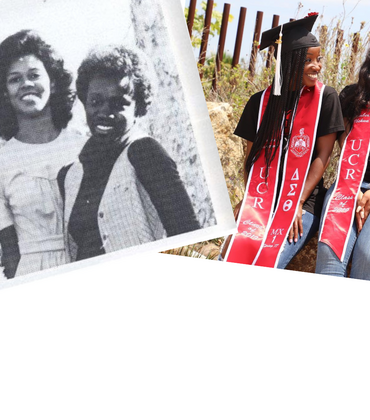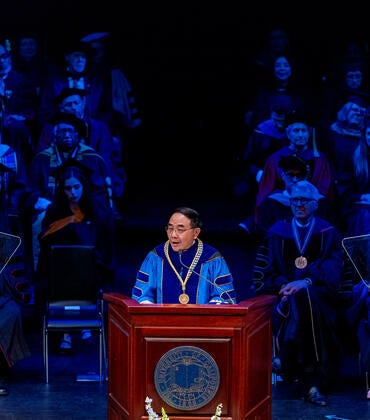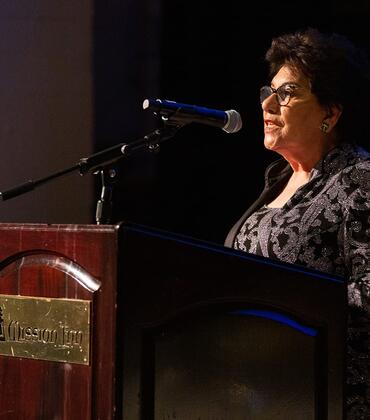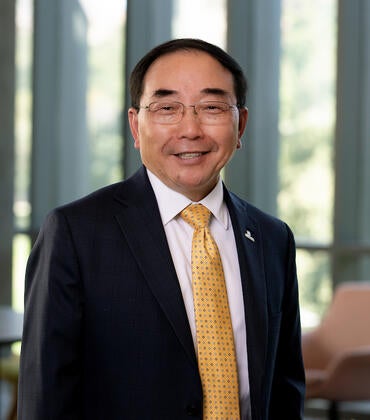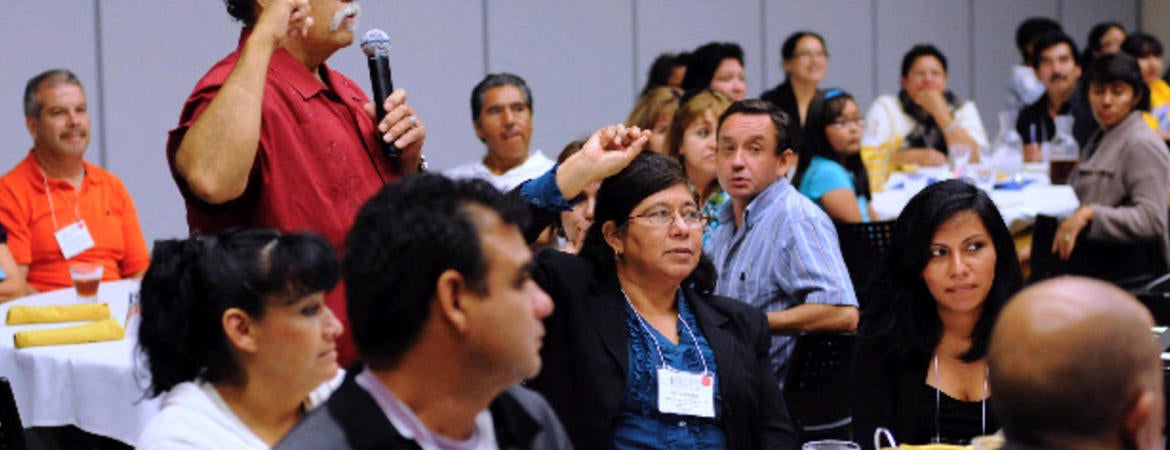
Twenty years ago, a group of UC Riverside staff members figured out a way to better serve the growing Chicano/Latino student population: offer a Spanish-language orientation session for their parents.
The group turned into a multidepartmental committee, and on Friday, July 19, it will hold a full-day session for the 110 parents who have signed up so far. Annually, Spanish-language sessions tend to bring in 100-200 parents. Attendees pay a $50 registration fee, which includes parking, materials, continental breakfast, lunch, and a closing reception.
The first full Spanish-language session was offered in the summer of 1999-2000, said Alfredo Figueroa ’75, UCR retired assistant dean of students and Chicano Student Programs director.
“It had been something that was lacking. Parents would come, and students would have to serve as translators or someone in the family,” Figueroa said. The current Chicano/Latino student population at UCR is about 42%, compared to 21% in 1999. In 2008 UCR became a Hispanic Serving Institution, the first in the UC system to receive the designation.
This summer UCR is hosting 11 two-day orientation sessions, plus an all-day Spanish session. By the time the last orientation concludes in mid-August, the campus will have hosted in total about 4,800 students and 2,200 parents.
Offering the Spanish-language session was an idea championed by Gabriel Mendoza ’86, assistant coordinator of academic intervention programs at the Academic Resource Center. Mendoza and Lourdes Maldonado, now a University Honors counselor and outreach specialist, worked with Chicano Student Programs and Student Life to implement the idea.
Twenty years later, the Spanish session is led by Student Life's Highlander Orientation program in collaboration with Chicano Student Programs.
The Spanish-language session is a continuous collaboration from departments such as financial aid, admissions, and representatives from every college. Many of the staff participants were first-generation college student themselves, so they are committed to ensuring that parents feel their student is in good hands, Figueroa said.
The Spanish-language sessions have given UCR a best practice model, Figueroa said.
Other UCs, as well as campus departments, reach out to UCR to inquire about logistics or programming, said Heather Correa, coordinator for new student programs for Student Life, the office that annually takes charge of all orientations.
While other university campuses offer translation services or have student groups lead a similar effort, UCR’s session is completely run by staff, who use language skills they might not otherwise incorporate in their daily roles, Figueroa said.
Elena Perez ’01, Academic Resource Center coordinator for academic intervention and tutorial assistance programs, said the best part is answering FAQ from parents, such as:
- How do I help my son/daughter pay for college when I don’t earn much?
- How safe is the campus?
- How involved can I be?
- When should I expect the first report card?
The answer to that last question shocks a majority of parents, Perez said with a smile. She noted staff help parents understand that in college their sons and daughters are considered adults, and that the federal Family Educational Rights and Privacy Act, known as FERPA, protects the privacy of student educational records.
By the end of the day, Perez and Figueroa said, parents leave armed with information and willingness to give university staff the ultimate authority a Hispanic parent can give to a nonrelative.
“You can pull their ears so that they behave and work hard in order to graduate,” said Figueroa with a wide smile.
